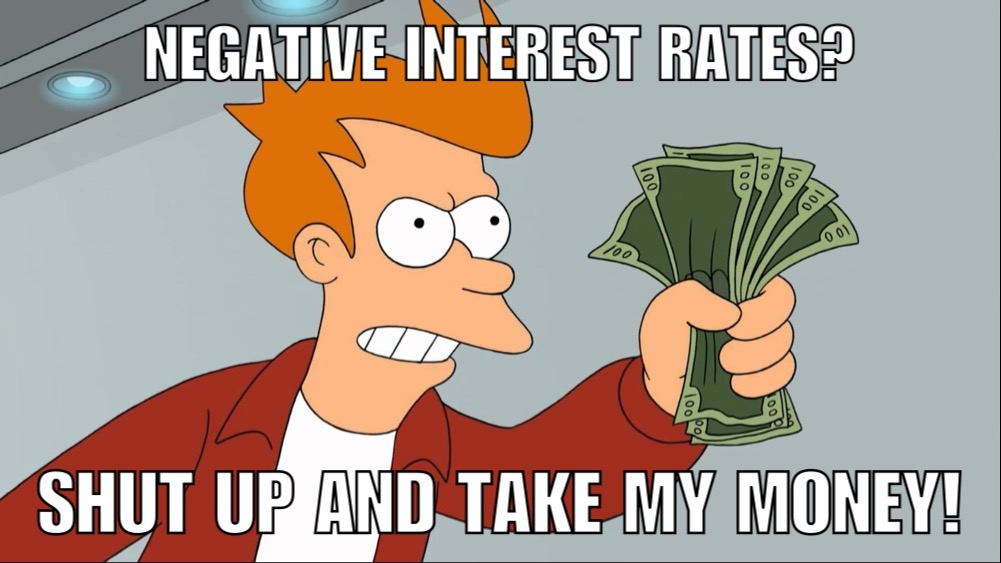My point is that the market has traditionally averaged 7% with no generation ever taking 4 trillion dollars out. In fact, most people think like you and hence only money has gone in. This is the first time ever that a considerable amount of cash leaves the market. Thinking that it will be business like usual is naive IMHO.
I never said that it would be business as usual. I simply said that for the average person, the
safest market strategy is to put his investments in a range of index funds. I didn't even go so far as to say that those funds would go up in the lifetime of the investor. In fact it is entirely possible they will go down. History shows that the average person (even the average "professional" investment advisor) is a terrible investor and will underperform the indices by a significant margin over a multi-year time span (especially when commissions and taxes are taken into account). The active investor will have bigger losses and smaller gains than the passive indexed guy.
What I am claiming is simply that, even if the market is going down due to these cash withdrawals, the average investor is still better off holding index funds than actively trading as he will lose less in the index funds than he will if he is actively trading.
The question of if the baby boomer retirement is a problem is entirely separate.
And I don't think many people have put some thought into the 4 trillion leaving the market.
Most people here think it is baloney.
If it left all at once, in a day, it would be catastrophic. It won't leave all in a day, or over a week, or over a month. It will slowly be siphoned off over 10-15 years of retirement. And not all of it will be cashing out equities. The market has been transitioning as boomers age and look for steady cash flows in retirement. There is a huge shift to dividend yielding stocks. These stocks won't be sold in retirement, they will be held for their dividend.
And let's put 4 trillion into perspective. The S&P alone has a market cap of 17.5 trillion. In the first ten trading days this year, it lost over a trillion. You can argue that this is not cash out of the market, but really, a trillion of lost value in ten days is a blip on the long-term screen. 4 trillion of cash out over ten years wouldn't even be registered. The market has grown so big, so fast, that it has plenty of cushion for those withdrawals.
You mean the same luminaries that pushed netflix 7% up and then 7% down on the same day because they couldn't tell whether hitting 75 million subscribers was a really good thing or a really bad thing?
And these are the people you seek guidance from?
You make my point eloquently. If you are listening to the experts, and actively trading, you are likely to get hosed more than if you just put your money in an index fund and let it ride.
Of course you could just realize that the big up then down on Netflix had nothing to do with expert opinions, or anything to do with the intrinsic value of the company and everything to do with computers trying to take your cash when they saw a sell signal. Stay ahead of those bastards and you can make some serious money.
The news out of NFLX was good but it has astronomical P/E and there are legitimate concerns about its ability to maintain the current rate of subscriber growth. Given that and it's high volume, it was a perfect setup for a quick spike then dump. I think we made 10% on the stock on that report, but sold it in the aftermarket because of suspicious movements in the S&P and oil. Overnight, oil got destroyed (finally breaking $28) and took China and Europe down with it. On Wednesday, we were short the market all the way from the 1900 open down to something like 1820 then rode it back up to something like 1870. That was the day I posted my short/ long/ and convertible pants pics. It was that kind of epic volatile day where a prepared trader can make a year's worth of returns in a day.
-pod


